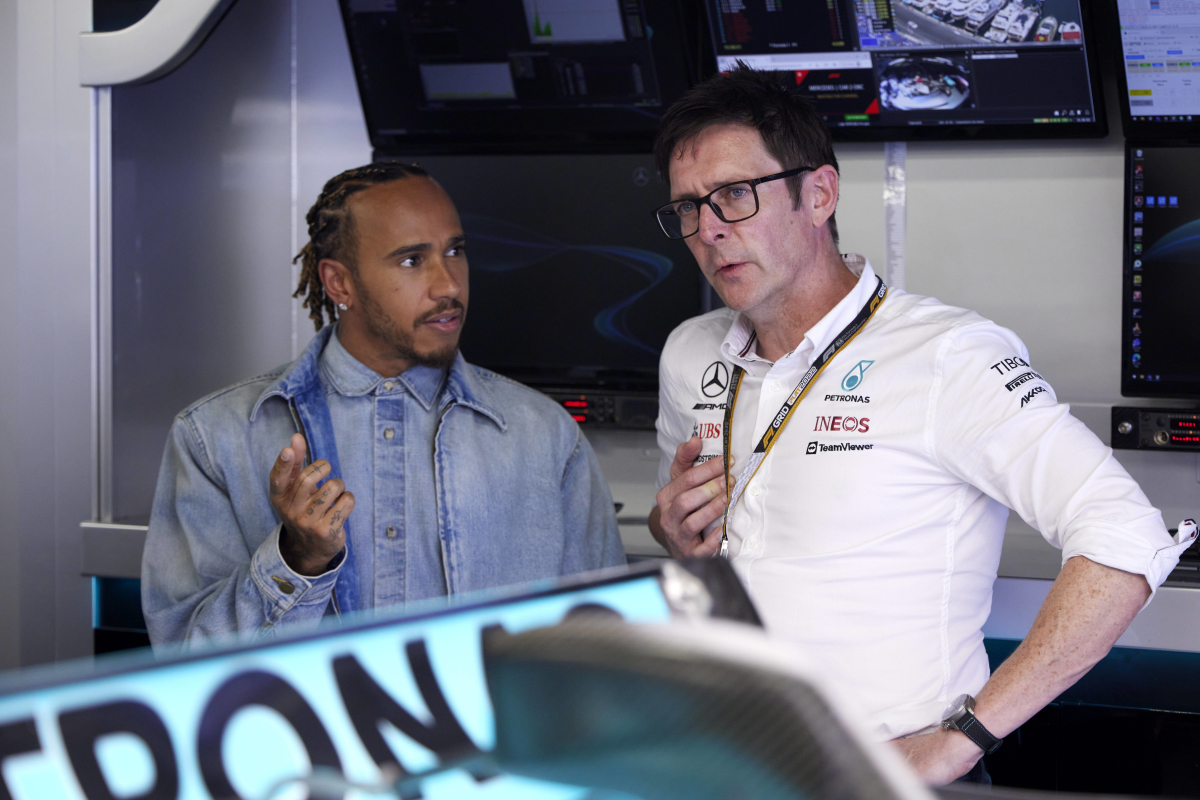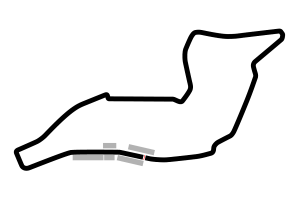Mercedes trackside engineering director Andrew Shovlin has expressed concern F1 could become "a worse sport" if it does not quickly resolve the thorny problem of tyre blankets.
The devices are due to be banned from 2024 as part of F1's sustainability push but issues were raised in Austin and Mexico City where Pirelli conducted its tyre tests.
The drivers complained bitterly after the session in Austin, in particular, that a lack of heat in the tyres after they were run at 50 degrees from the outset resulted in sliding and the suggestion there would be many crashes if such a route continued.
In Mexico City, after the tyres were heated to 70 degrees, there was an improvement
although there was still considerable sliding.
Assessing whether a tyre blanket ban is achievable by 2024, Shovlin said: "I think the challenge of taking a car that's this fast, this powerful, that has this much downforce and making a blanketless tyre is incredibly difficult.
READ MORE...Verstappen predicts crash danger from F1 blanket ban
"It's very easy to look at the Formula 2 series and say, ‘Well, they do it’ but the energies involved are enormously higher. We're around 20 seconds [per lap] quicker at some circuits.
"That challenge for Pirelli is very, very difficult. It requires a lot of steps of technical development.
"The sport has to be very careful that the legislation on blankets does not get ahead of the rate at which we can develop the tyres."
F1 has to balance its needs - Mercedes
Explaining the rate of development in F1 is arguably too quick for Pirelli, Shovlin added: "Their problem is not a static one.
"These cars have more downforce in a straight line than the cars we used to have. The high-speed loads are very, very high and the teams are constantly working to add performance. For Pirelli to keep up with that constant development is difficult.
"So you would say ‘Yes, of course, you can make a blanketless tyre’, Pirelli probably could give us one straightaway.
"But that tyre would not lead to good racing, it would not allow the drivers to push as hard, you would end up with very high tyre pressures and a significant loss of grip.
"It's a case of balancing the needs of the sport, along with environmental concerns that are all being addressed.
"But the big concern is making sure we don't end up with a worse sport because we've led it with the legislation on what we want to achieve."
Related

















































 Grand Prix du Canada 2025
Grand Prix du Canada 2025  Grand Prix of Austria 2025
Grand Prix of Austria 2025  Grand Prix of Belgium 2025
Grand Prix of Belgium 2025  Grand Prix of Hungary 2025
Grand Prix of Hungary 2025  Grand Prix of Azerbaijan 2025
Grand Prix of Azerbaijan 2025  Grand Prix of Singapore 2025
Grand Prix of Singapore 2025  Gran Premio de la Ciudad de Mexico 2025
Gran Premio de la Ciudad de Mexico 2025  Grande Prêmio de São Paulo 2025
Grande Prêmio de São Paulo 2025  Qatar Grand Prix 2025
Qatar Grand Prix 2025  Grand Prix of Abu Dhabi 2025
Grand Prix of Abu Dhabi 2025 